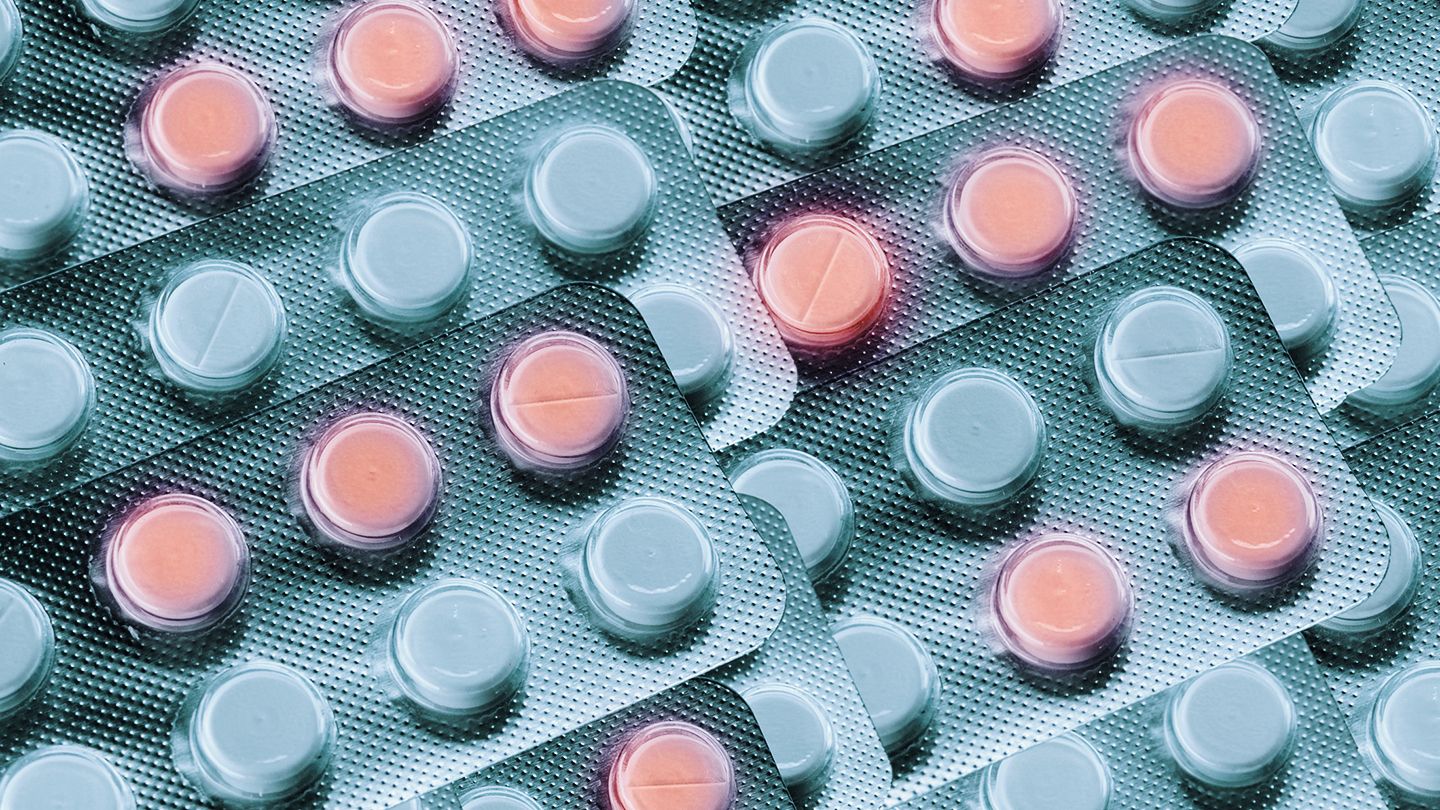Hormone Replacement Therapy (HRT) has gained prominence as a solution for managing symptoms of menopause and hormonal imbalances. However, questions such as “can HRT cause depression?” linger in the minds of many seeking clarity on its effects. In this article, we will explore the scientific link between HRT and serotonin, shedding light on its relationship with depression.
Understanding HRT and Its Purpose
What is HRT?
Hormone Replacement Therapy is a medical treatment designed to replenish hormone levels, primarily estrogen and progesterone, in individuals experiencing a decline due to menopause, surgical procedures, or other conditions. It aims to alleviate symptoms like hot flashes, mood swings, and bone density loss.
The Importance of Hormones in Mental Health
Hormones play a pivotal role in regulating mood and emotional well-being. Estrogen, for instance, influences serotonin—a neurotransmitter often referred to as the “feel-good” chemical. Disruptions in hormonal balance can, therefore, significantly impact mental health.
The Link Between HRT and Serotonin
How Serotonin Affects Mood
Serotonin is crucial in maintaining emotional stability, sleep patterns, and overall mental health. Low levels of serotonin are commonly associated with depression and anxiety. Estrogen helps modulate serotonin production and its receptors in the brain, directly influencing mood regulation.
Can HRT Cause Depression?
While HRT is designed to improve quality of life, concerns arise about whether it can cause or exacerbate depression. The relationship is complex and varies among individuals. Factors such as age, type of HRT, and pre-existing mental health conditions can influence the outcome.
- Studies Supporting a Positive Impact: Research suggests that HRT, particularly estrogen-based therapies, may enhance serotonin function and reduce depressive symptoms in many individuals.
- Contradictory Findings: Conversely, some studies indicate that certain types of HRT or improper administration could lead to mood disturbances, sparking questions like “can HRT cause depression?” among patients and clinicians alike.
Factors Influencing the Relationship Between HRT and Depression
Type of Hormones Used
The composition of HRT—whether it includes estrogen alone or a combination with progesterone—plays a critical role. Estrogen is generally associated with mood stabilization, while some synthetic forms of progesterone have been linked to mood swings and depression in certain cases.
Method of Administration
The delivery method of HRT (oral, transdermal, or injectable) can influence its effects. Transdermal methods tend to have fewer systemic side effects and are less likely to disrupt mood compared to oral options.
Individual Variability
Not everyone responds to HRT in the same way. Factors like genetics, baseline hormone levels, and pre-existing conditions can shape how HRT impacts an individual’s serotonin levels and mood.
Addressing Concerns: Can HRT Cause Depression?
Monitoring and Personalization
Proper monitoring by healthcare providers is crucial to minimize risks. Individualized treatment plans tailored to a patient’s needs can significantly reduce the likelihood of adverse effects, including depression.
Early Signs to Watch For
Patients undergoing HRT should be aware of potential mood changes, such as:
- Increased irritability or sadness
- Changes in sleep patterns
- Persistent feelings of fatigue
Open communication with healthcare providers is essential to address these symptoms promptly.
Alternatives and Complementary Therapies
For individuals concerned about the potential risks of HRT, alternative approaches like lifestyle changes, dietary adjustments, and natural supplements may offer support. These alternatives can enhance serotonin production and mood without relying solely on hormone replacement.
Benefits of HRT Beyond Mood Regulation
Improved Physical Health
HRT offers several physical health benefits, such as:
- Bone Density: Reduced risk of osteoporosis
- Cardiovascular Health: Lower risk of heart disease in certain populations
Enhanced Quality of Life
For many, HRT significantly reduces menopause-related discomfort, improving overall well-being and functionality in daily life.
Post-Treatment Care: Maintaining Balance
Regular Follow-Ups
Consistent check-ins with healthcare providers are essential for adjusting treatment plans and ensuring long-term safety and effectiveness.
Lifestyle Modifications
Incorporating regular exercise, a balanced diet, and stress management techniques can complement HRT, fostering both physical and mental health.
Mental Health Support
Access to counseling or support groups can help individuals navigate emotional challenges that may arise during or after HRT.
Conclusion
The question “can HRT cause depression?” does not have a one-size-fits-all answer. While HRT can positively impact mood and serotonin levels for many, individual differences and improper use may lead to mood disturbances. By understanding the intricate relationship between HRT and serotonin, patients and healthcare providers can work together to optimize treatment outcomes and mitigate potential risks.



